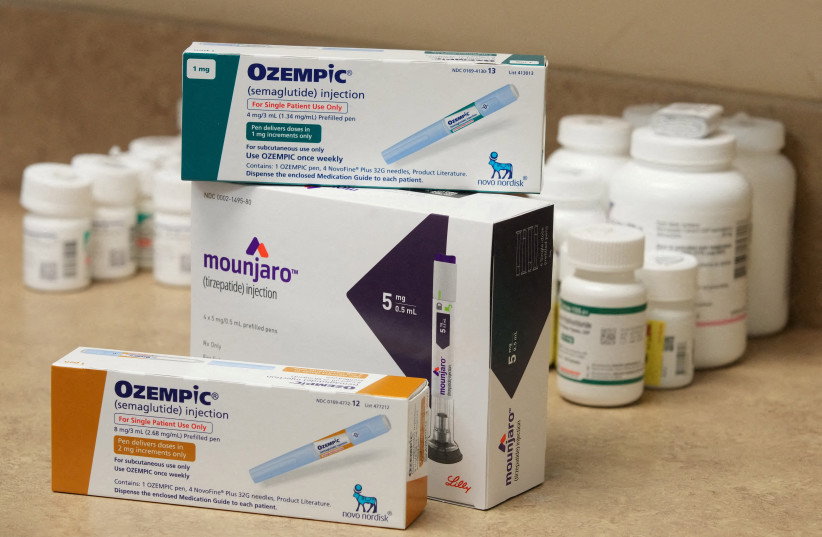Jewish-American comedian Amy Schumer often shares her health problems, and this is no exception. The actress and comedian explained why she stopped taking Ozempic and called on her fellow celebrities to start being honest with their takes on weight loss.
The 43-year-old appeared on Watch What Happens Live with Andy Cohen recently and said she took the diabetes treatment drug Ozempic in 2022, which helps with weight loss.
"Like a year ago, I tried it," Schumer said before explaining she stopped taking the FDA-approved drug due to its side effects, adding that she "was one of those people that felt so sick and couldn’t play with my son."
Eventually, Schumer decided that Ozempic was not something she wanted in her life.
Is everyone taking Ozempic?
Schumer then called out other celebrities who "lied" about taking the diabetes injection that helps with weight loss.

"Everyone has been lying saying, 'Oh smaller portions,'" the comedian said. "Like shut the f*** up. You are on Ozempic or one of those things or you got work done. Just stop."
She added: "Be real with the people."
Schumer isn't the first celebrity to be open for having used Ozempic. Chelsea Handler, Khloe Kardashian, and Elon Musk have all admitted to using it. However, many more also use it without disclosing it.
Ozempic, Saxenda, and Wegovy, all three of which are sold under the generic brand of semaglutide, is a drug that mimics the activity of the naturally occurring GLP-1 protein. It serves a number of different functions, the main one being increasing insulin production to reduce blood sugar. However, it also reduces feelings of hunger and slows down bowel movements.
Ozempic is available in doses of 0.25, 0.5, and 1 milligram, with Wegovy also being available in doses of 1.7 and 2.4 milligrams. Both are usually injected starting with a low dose once a week before gradually increasing the dosage.
Saxenda is basically Wegovy but is injected daily.
According to the US Food and Drug Administration (FDA), the most common side effects of these drugs include nausea, diarrhea, vomiting, constipation, stomach pain, headache, fatigue, indigestion, and dizziness. The FDA also warned of more serious complications that could occur, such as the potential risk of thyroid cancer, pancreatitis, gallbladder problems, increased heart rate, suicidal behavior or ideation, and more.